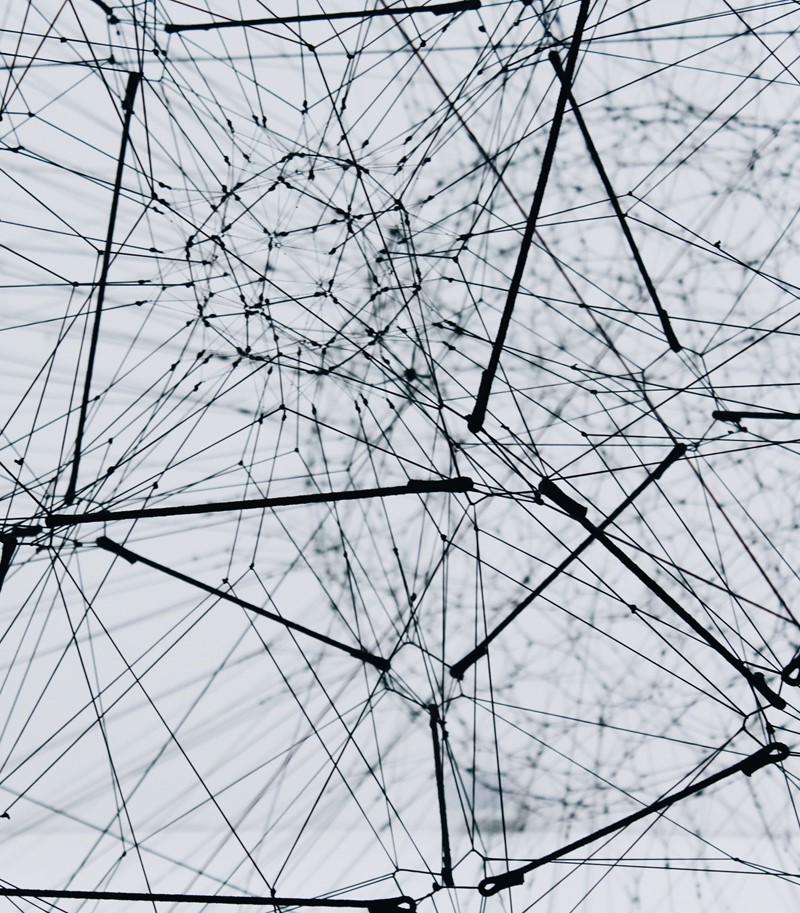
Open Science
Open Science is a comprehensive effort to open the processes of scientific knowledge creation, evaluation, and communication. Science Europe and its public research funding and performing member organisations are committed to support Open Science as part of a well-functioning research system.
Why is Open Science important?
Open Science aims to increase collaborations within the research community and bring scientific knowledge creation, evaluation, and communication closer to society. Achieving these aims will improve the capacity of science in addressing societal and global challenges. It will also improve the scientific benefits to society at a time when mistrust is growing among parts of the public and political pressure in some countries is limiting freedom of research.
What are the current priorities?
The transition to Open Science places the traditional focus on Open Access to research publications and research data within the broader ambition to open the scholarly process in its entirety.
Research assessment reform is high on the priority list of research performing and funding organisations, as well as policymakers at all levels. A well designed and implemented scientific evaluation process is essential to achieve Open Science and create space for new and innovative practices to emerge.
Ensuring a fair and equitable transition to Open Science is emerging as a priority in its own right, driven by the ‘UNESCO Recommendation on Open Science’. Purposeful action should be taken to ensure all research communities can take part in this transition, while all segments of society should be able to reap its benefits.
What is Science Europe doing to achieve these aims?
Science Europe and its member organisations have together made substantial achievements developing open access policies. Building on these achievements in the field of Open Access to research publications and research data, our renewed focus on the transition to Open Science goes a step further and establishes a more comprehensive focus and role in the years to come. It is a cross-cutting objective in the ‘Science Europe Strategy Plan 2021-2026’.
The work of Science Europe and its members has resulted in tangible progress for open practices within the communities they serve. A majority of members have developed and implemented leading policies on open access to research publications. These are based on a set of common principles and are continuously improved based on robust monitoring practices. Member organisations also promote Findable, Accessible, Interoperable, and Reusable (FAIR) research data. They are internationally aligning policies and procedures and are ensuring the long-term sustainability of research data.
Science Europe in close collaboration with its Working Group on Open Science will continue to develop and expand its work on Open Science. Together with its member organisations, Science Europe will pursue this further through the following framework actions:
- Support the development and alignment of policies in Europe to incentivise open science and facilitate basic and applied research across disciplinary, geographical, and other borders. Due attention and respect will be paid to disciplinary, institutional, and national diversity, as well as policy alignment in the global context.
- Raise awareness and conduct advocacy to policymakers and the broader society on the importance, urgency, and added value of the transition to open science. Science Europe will also function as an advocate for open science in the global context, e.g. UNESCO, Global Research Council, and elsewhere.
- Provide input to European legislation and global and European policies and funding mechanisms shaping the research landscape. The comprehensive nature of the transition to open science closely connects it to the challenges and opportunities emerging from evolutions in research policy and funding, digital legislation, and other processes.
Sharing good practices and facilitating mutual learning between our members and with our partners is the foundation for these actions. A cornerstone of our work, this action will set its sights on Open Access to all research outputs and opening the research process in its entirety. It will also be central to ensuring an inclusive and equitable transition to Open Science within Europe and globally.
Science Europe believes that the transition to Open Science is a joint effort and a shared responsibility between partners in policy and practice. Itself representing major public research funding and performing organisations, our organisation works together with policymakers, other representative organisations, and open science champions wherever they are found.
Science Europe and its members are the driving forces behind numerous open access initiatives such as cOAlition S, OA2020, and the ‘Action Plan for Diamond Open Access’. They are also valued partners to other organisations, including the European University Association, the European Open Science Cloud Association, LIBER, the Research Data Alliance, and others. These initiatives and partnerships increasingly bring together European and global developments.
